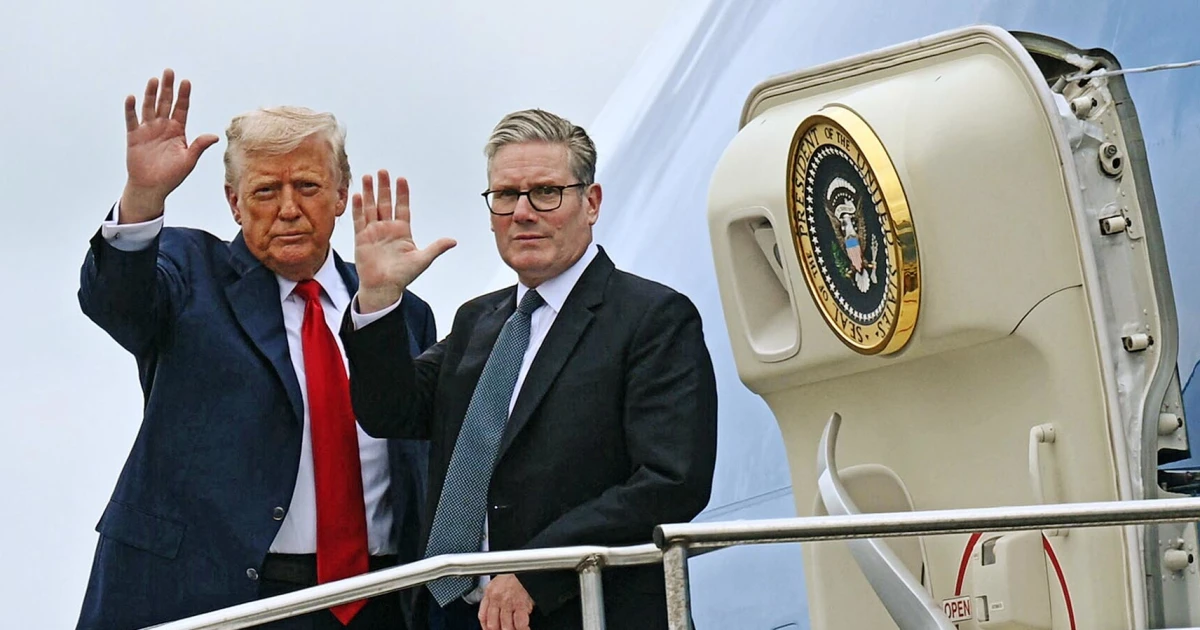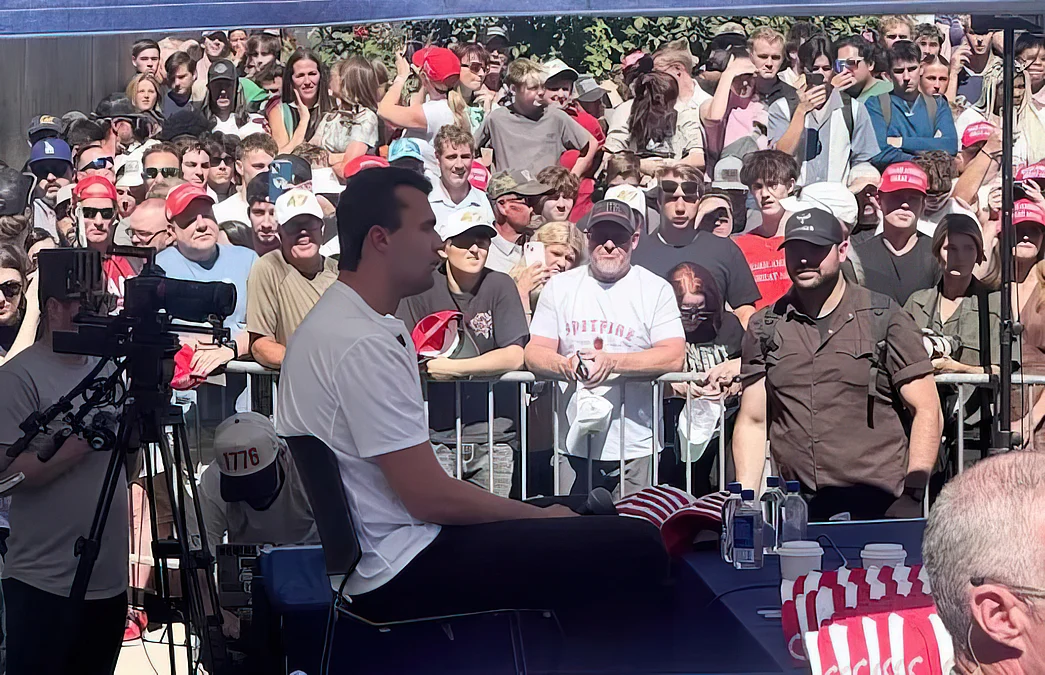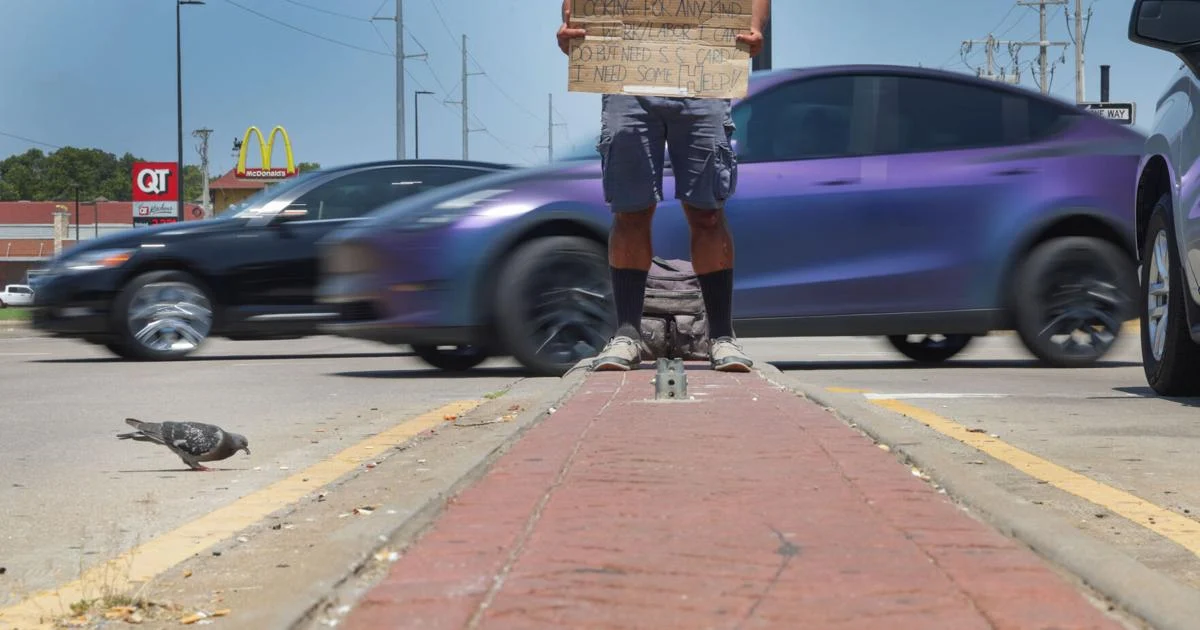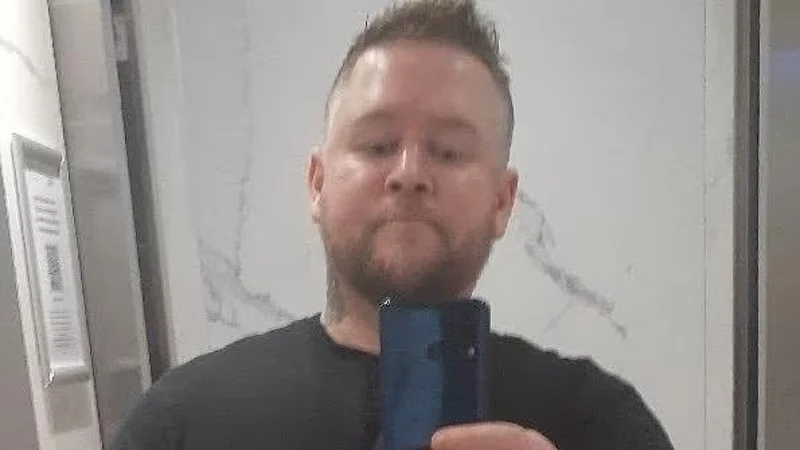By Arun Anand,News18
Copyright news18
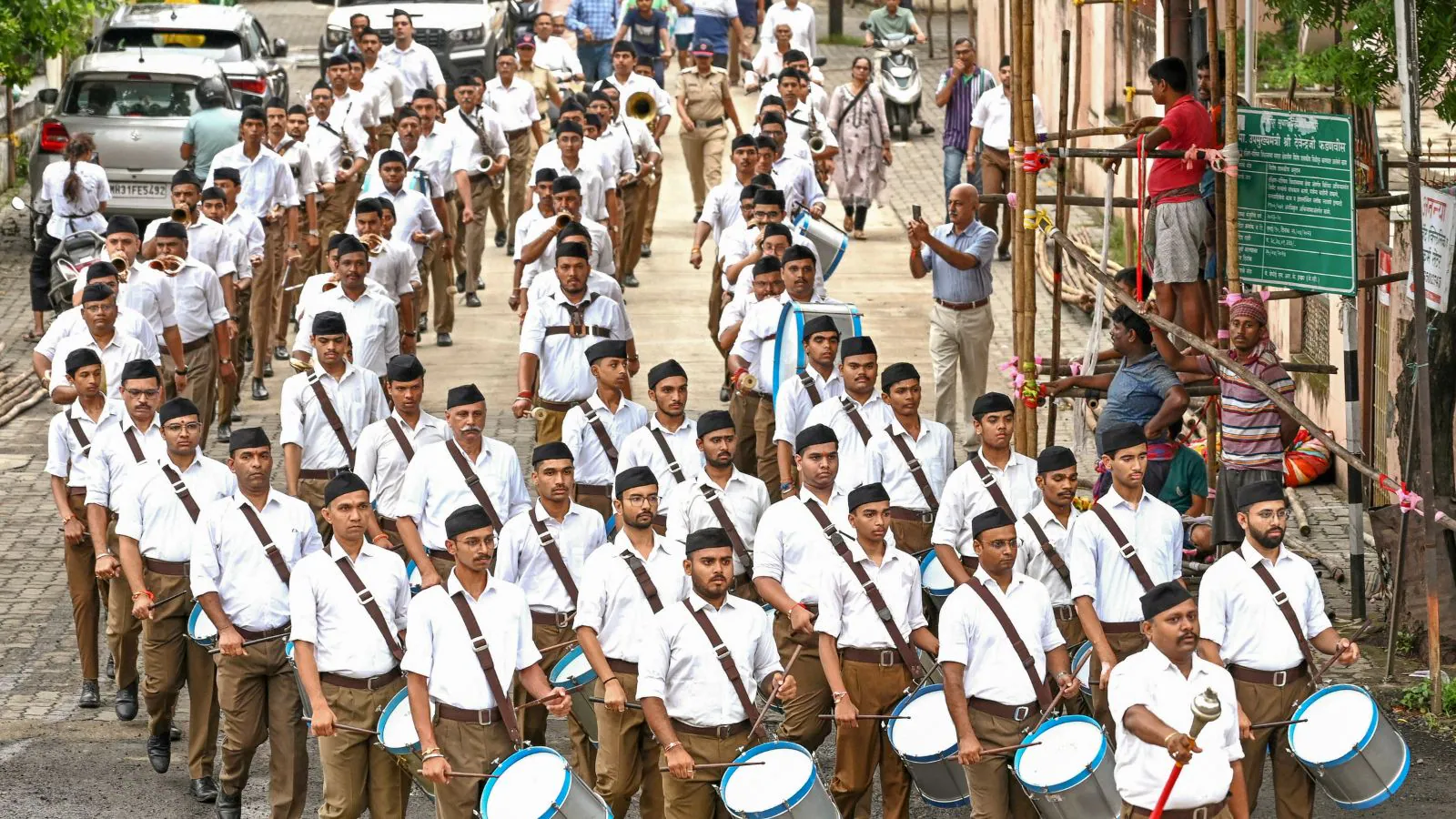
As the Rashtriya Swayamsevak Sangh (RSS) approaches its centenary on October 2 this year, a particular dimension of its work that deserves closer look is its work among Scheduled Castes and Scheduled Tribes. There are no less than 2 lakh welfare projects that RSS-inspired organisations and its volunteers have been running for the marginalised sections of the society. These projects have been set up gradually over a period of the last 100 years.
But beyond these structured programmes there exists a rich tapestry of individual stories—unsung heroes at the grassroots level. A Century of Service: The RSS and its Work Among Scheduled Castes and Scheduled Tribes (by Damodhar, Samvit Prakashan) has documented some of these stories which are a lesson for those political and social outfits that frame SC/ST welfare through the lens of identity politics—often deepening divides in the process.
Unsung Heroes: Inspiring Stories
When Madhukar Rao Dewal, an RSS volunteer from Pune, went back to his village Mhaisal in Sangli district of Maharashtra a few years ago after finishing his education to look after his ancestral property, he was deeply pained by the poverty and financial distress suffered by the Scheduled Castes and Scheduled Tribes in his village. Dewal decided to stay back in the village permanently and do something about this. He supported and motivated the members of the SC & ST community to organise themselves and set up Shri Vitthal Agricultural Society.
A prestigious research institute recently studied the transformation in the village. According to the report, all 125 SC &ST families in the village have cleared all their debts and the average annual income has reached at a level where they don’t have to take loans any more. Each family has a house. They have stopped selling their land for short-term needs. Some families have even added to their landed property. Attendance in the village schools has gone up and the drop-out rate among SC/ST students has gone down significantly. The barrier separating the “untouchables” from others has been pulled down.
Three decades ago, Chityal, a small village in Warangal district in Telangana was ridden with feudalism and untouchability. The District Sanghchalak (chief mentor of the district unit) of the RSS, Dr Surendra Reddy and the local swayamsevaks decided to take up the challenge of transforming the village. The impact of these efforts is visible in the recently constructed Seva Bhavan in the village. The building has been constructed through volunteer labour contributed by all the villagers in the family.
These efforts also produced strong popular resistance to the widespread influence of Naxalites in the area. The reign of terror led by Naxalites had brought the development work to the standstill in the whole district. The work by the RSS allowed this village to enjoy a substantial degree of security in contrast to the rest of the district. Despite serious threats from Naxalites, the unwavering commitment of the RSS to the region has inspired the villagers to stand up against terrorism, even though the region is totally surrounded by dense forests.
In 1977, a medical doctor who was also an RSS volunteer left his flourishing career to open a small medic care unit for the tribals in Kapari village near Nagpur. Over a period of five decades, this unit has now developed into a full-fledged hospital which offers advanced treatment for most of the ailments for the local tribals and surrounding villages. Maternity facilities are available round the clock. There are 25 full-time doctors in this hospital. These doctors with a support staff of 15 cater to the needs of at least 30 villages in this area.
A prominent RSS volunteer of Baroda (Gujarat) who was working with Vishwa Hindu Parishad (VHP) decided to invite the members of the under-privileged community to his marriage ceremony. Later the couple went to the humble abode of Ujam Ben, an aged lady in the locality that belonged to Scheduled Caste to take her blessings by touching her feet. The guests at the marriage were overwhelmed to witness this.
Another RSS volunteer, who was the coordinator of the Dharmacharyas for the VHP in Karnataka had invited Adi-Jambava Mathadheesh, a religious guru from the scheduled caste community to bless his daughter at her marriage ceremony. This RSS worker was the chief priest of the famous Kote Anjaneya temple in Shimoga and the ceremony where the couple was blessed by Adi-Jambava Mathadheesh took place right inside the temple in the presence of a big gathering.
There is no dearth of such stories where the RSS volunteers have contributed significantly but quietly, without publicity, to integrate the Scheduled Castes and Scheduled Tribes at community level through their individual efforts, in addition to their organisational work. They have infused a sense of belongingness to members of the under-privileged members of our society with humility and without turning such occasions into a media circus as many so-called social activists tend to do when it comes to the welfare of the SC/ST communities.
This particular legacy of the RSS is one of the biggest achievements of the organisation as all this has been done by individuals inspired by the RSS’ vision of a united society without seeking any individual recognition.
The writer is an author and columnist. His X handle is @ArunAnandLive. Views expressed are personal and do not necessarily reflect News18’s editorial stance.
